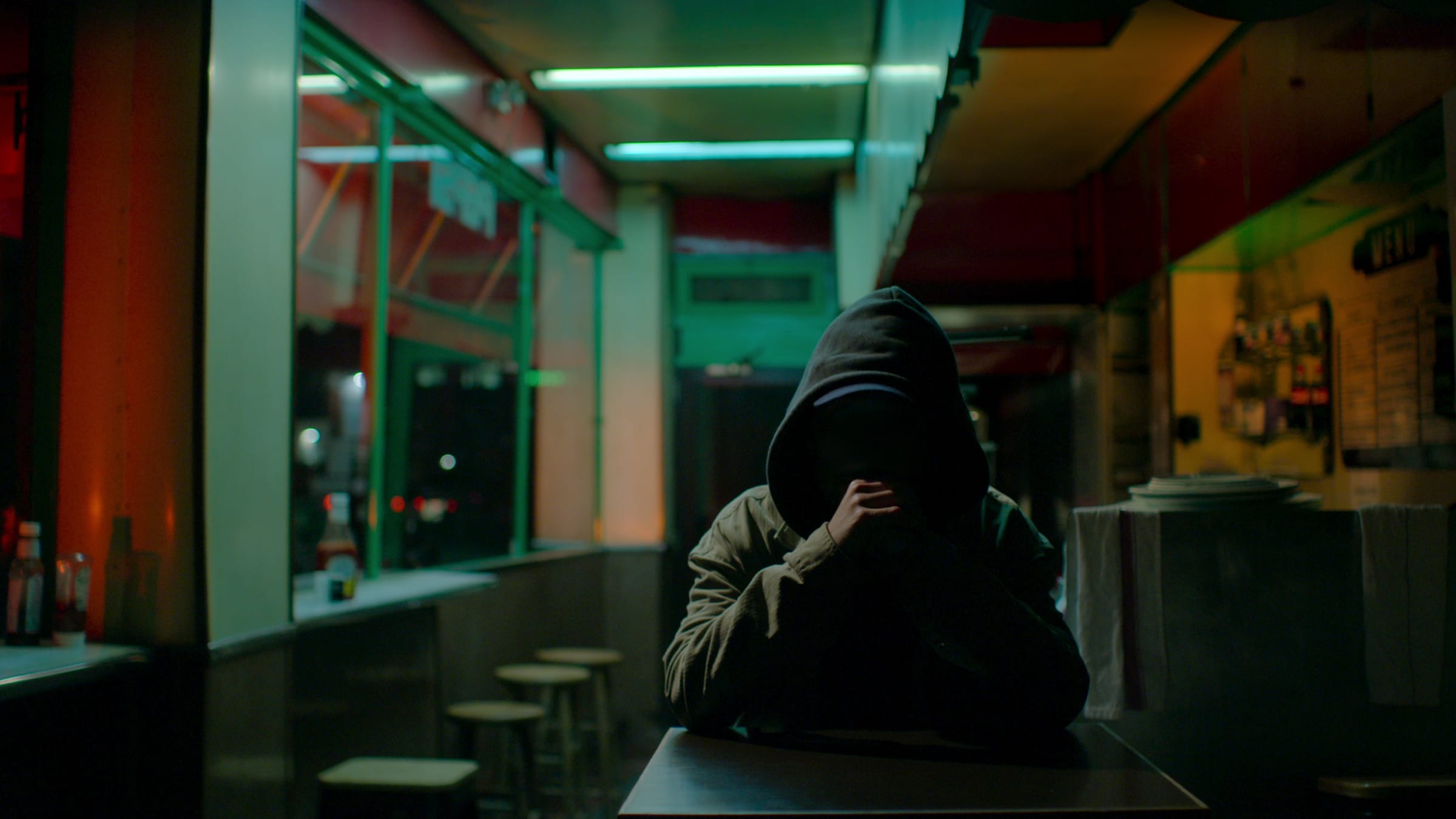London Nail Bombings: 25 Years On
30 April 2024
30 April 2024
London Nail Bombings: 25 Years On
In April 1999 the London communities of Brixton, Brick Lane and Soho were targeted by a series of nail bomb attacks over fourteen days.
The perpetrator was a man named David Copeland. Copeland was a Neo-Nazi militant and a former member of the BNP and the National Socialist Movement. Copeland told police that he was inspired by The Turner Diaries, a race war novel by William Pierce, published in 1978. The book is an apocalyptic tale of genocide against racial minorities set in a near-future America, The Turner Diaries has been referred to as “the bible of the racist right,” a “handbook for white victory,” and “a blueprint for revolution.”
The first nail bomb targeted the Black community of Brixton on Saturday the 17th of April, it exploded at the side of the Iceland Store on Electric Avenue. Forty-eight people were injured.
The second nail bomb was targeted towards the Asian community of Brick Lane on Saturday the 24th of April outside the Sweet and Spicy Restaurant, 40 Brick Lane. Thirteen people were injured.
The third nail bomb was targeted towards the Gay community of Soho on Friday 30th April, it exploded in the Admiral Duncan bar, on Old Compton Street. Three people were killed and a total of 79 were injured.
Journalist Nick Ryan wrote that, as a teenager, Copeland feared he was gay; when his parents sang along to The Flintstones theme song “we’ll have a gay old time”. He reportedly believed they were sending him a message.
On 2 May 1999, the Metropolitan Police Anti-Terrorist Branch charged 22-year-old David Copeland with murder.
After his arrest, Copeland told psychiatrists that he had started having sadomasochistic dreams when he was about 12 years old, including fantasies that he had been reincarnated as an SS officer with access to women as slaves.
Copeland was convicted of murder in 2000 and given six life sentences. Copeland showed no remorse during the trial. It was his “destiny” to commit the crimes, he said, and he’d plant more bombs if he were released
To mitigate the spread of domestic terrorism radical unlearning and the dismantling of white supremacy is critical. The processes of radicalisation and extremism are in the same ideological group. The in-group (i.e. neo-Nazis) is afflicted with a crisis that is blamed on the out-group (people seen as enemies/threats (i.e. non-whites) and the extremist movement is presented as offering a solution to that crisis, which is often violent.
Since April 2010, the anti-hate crime charity 17-24-30 has organised the April Acts of Remembrance to remember those lost, stand with those affected, and educate on anti-hate and anti-racist practices. National Hate Crime Awareness Week takes place 12 – 19th October 2024.





